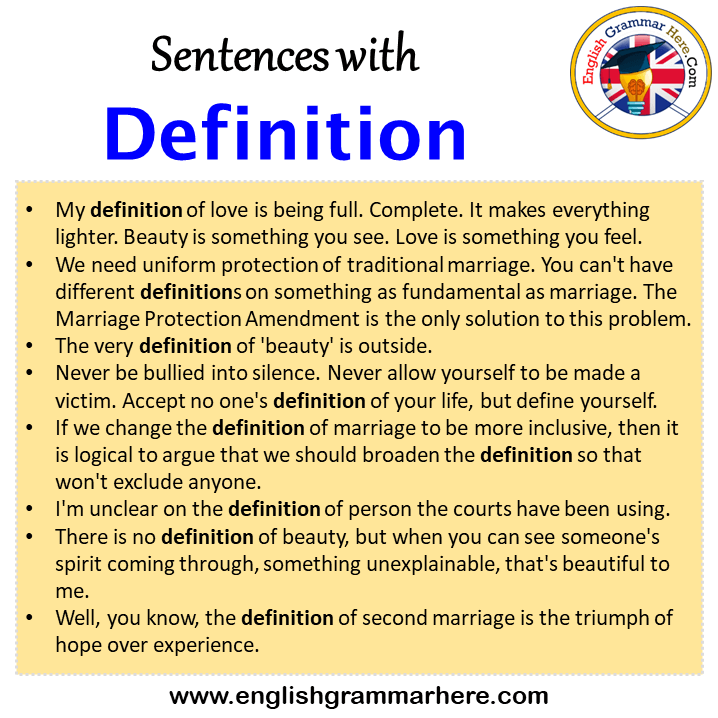Understanding the Main Religions in Russia and Turkey: Cultural Impact, Practice, and Access
Introduction
Religion plays a significant role in shaping the cultural, social, and even political landscapes of both Russia and Turkey. While both countries are officially secular, their dominant religions have left an indelible mark on their histories and continue to influence many aspects of contemporary life. This article explores the main religions in Russia and Turkey, discusses their societal roles, and provides guidance for understanding and accessing religious communities or practices in each country.
The Main Religion in Russia: Russian Orthodoxy
Russian Orthodoxy is the predominant religion in Russia, with the majority of believers identifying as Orthodox Christians. According to recent data, approximately 67% to 72% of Russians identify as Orthodox Christians, making it the country’s largest religious group [1] , [2] , [3] . Other Christian denominations exist, such as Catholics, Protestants, and Old Believers, but their numbers are relatively small. Islam is the second largest religion, with Muslims accounting for about 7% to 11% of the population [2] , [4] . Minorities include Buddhists, Jews, and adherents to other faiths.
Historical and Cultural Context
Orthodoxy has deep historical roots in Russia, having been adopted as the state religion in the late 10th century. Despite periods of state-imposed atheism during the Soviet era, the Russian Orthodox Church has experienced a revival since the 1990s. The church is not only a religious institution but also a cultural symbol, often linked to national identity and traditions [3] .
Religious Practice and Access
While affiliation numbers are high, only an estimated 3% to 7% of Russians regularly attend church services, reflecting a distinction between cultural identity and active religious practice [4] . For visitors or residents interested in attending services or learning more about Russian Orthodoxy:
- You can visit Orthodox churches, especially in major cities like Moscow and St. Petersburg, which often hold open services and cultural events.
- To participate in Orthodox holidays or rites, approach local parishes or look for community events. Information is often available at the parish itself, as most do not maintain extensive online resources in English.
- If you are researching religious communities, you may consult resources from reputable organizations such as the Russian Orthodox Church’s official website or international religious research bodies.
Legal Status and Minority Faiths
Russia’s constitution guarantees freedom of religion, but in practice, the Russian Orthodox Church receives preferential treatment, including state support and access to public resources. Other traditional religions, such as Islam, Judaism, and Buddhism, are also recognized, but non-traditional groups may face legal and social restrictions [2] . If you are interested in minority faiths, consider contacting international advocacy organizations or local embassies for up-to-date guidance and support.
The Main Religion in Turkey: Sunni Islam
Sunni Islam is the predominant religion in Turkey, with the vast majority of the population identifying as Muslim. Official statistics and various international estimates indicate that over 99% of Turks are Muslim, and the majority adhere to the Sunni branch of Islam, specifically the Hanafi school of jurisprudence. There is also a significant Alevi minority, which is a distinct religious community with unique practices and beliefs [5] , .
Historical and Cultural Context
Islam has been central to Turkish identity since the Seljuk and Ottoman empires. The Republic of Turkey, founded in 1923, established secularism as a guiding principle, separating mosque and state. Despite this official secularism, Islamic values and traditions continue to influence daily life, law, and politics. Religious symbols and practices are prevalent, especially outside major urban centers.
Religious Practice and Access
For Muslims and visitors interested in practicing Islam or learning more:
- Mosques are widespread and open to the public for prayer and community activities. Major mosques in Istanbul, Ankara, and other cities often provide informational tours for non-Muslims.
- Religious holidays such as Ramadan and Eid are widely observed. Public institutions may adjust hours or services during these times, and community iftars (evening meals) are common.
- The Presidency of Religious Affairs (Diyanet) oversees religious activities, publishes official religious guidance, and can be contacted for information. You can search for “Diyanet” and access their official resources for up-to-date information on religious services and events.
Minority Religions and Legal Status
Turkey recognizes several minority faiths, including Christianity (primarily Greek Orthodox, Armenian Apostolic, and a small Catholic and Protestant presence) and Judaism. These communities are protected under the Treaty of Lausanne but often face social and bureaucratic challenges. If you are seeking to connect with minority religious communities, it is advisable to contact local community centers, embassies, or international organizations for support and up-to-date guidance.
Practical Guidance for Accessing Religious Services and Opportunities
If you wish to participate in or learn about the main religions in Russia or Turkey, consider the following steps:
- Identify Local Institutions: Use search engines to find Orthodox churches (in Russia) or mosques (in Turkey) in your area. Major urban centers often have English-language resources or visitor programs.
- Contact Community Leaders: Visit the institution in person or use official contact numbers and published email addresses to inquire about service times, visitor policies, and educational programs.
- Research Official Agencies: For Russia, refer to the Russian Orthodox Church’s official channels or national religious studies centers. For Turkey, the Diyanet (Presidency of Religious Affairs) provides official guidance on religious matters. Use the search term “Diyanet official website” to find accurate, up-to-date information.
- Engage with Cultural Events: Many religious communities host open events, lectures, or festivals that welcome non-members. These are excellent opportunities to learn and participate respectfully.
- Consider Language Barriers: While major cities may offer resources in English or other languages, smaller communities may operate primarily in Russian or Turkish. Bringing a translator or using translation apps can be helpful.
- Stay Informed on Legal Matters: Religious practice is generally protected, but some groups face legal restrictions, especially in Russia. International organizations such as the United States Commission on International Religious Freedom (USCIRF) publish regular reports; you can search for “USCIRF Russia religion report” or “USCIRF Turkey religion report” for current updates.
Examples and Real-World Applications
As an example, a traveler in Moscow interested in Orthodox Christianity can attend an open service at the Cathedral of Christ the Savior, where information is often available in multiple languages. Similarly, in Istanbul, the Sultan Ahmed Mosque (Blue Mosque) offers guided tours and explanations of Islamic practice for visitors. Both countries offer opportunities to observe major religious holidays, which are often accompanied by public celebrations, special foods, and cultural activities.

Source: shutterstock.com
Potential Challenges and Solutions
While religious communities generally welcome visitors, some challenges may arise:

Source: turkeyreligion-staterelationship.weebly.com
- Legal Restrictions: In Russia, religious practice outside of registered groups may face scrutiny or legal restriction. Always consult official agencies or embassies if you are uncertain about the legal status of a religious activity.
- Social Sensitivities: Both countries have strong religious traditions; visitors should dress modestly and follow local etiquette when visiting religious sites. When in doubt, observe or ask staff about proper conduct.
- Access to Minority Faiths: In both countries, minority religious groups are smaller and may have fewer public events. It is best to reach out directly to community centers or seek assistance from international organizations for accurate contacts.
Alternative Approaches and Additional Support
If you are unable to access local religious institutions directly, consider the following:
- Online resources offered by international organizations and academic centers often provide background information and virtual tours of significant religious sites.
- Community forums and expatriate groups can offer advice and share experiences regarding religious practice and access in Russia and Turkey.
- For interfaith or comparative religious studies, universities and cultural institutes in both countries frequently host seminars and public lectures accessible to foreigners.
Summary of Key Takeaways
Russian Orthodoxy and Sunni Islam are the main religions in Russia and Turkey, respectively. Both countries recognize religious freedom in principle, but their dominant faiths hold special cultural and, in some cases, legal status. While religious practice may be deeply woven into national identity, active participation rates vary, and minority groups often face unique challenges. To engage with religious communities or services, seek out official institutions, utilize reputable online resources, and be mindful of local laws and customs. For those interested in minority faiths or learning more about religious diversity, international organizations and community centers can provide guidance and support.
References
- [1] Wikipedia (2025). Christianity in Russia: recent statistics and denominational breakdown.
- [2] USCIRF (2025). Russia Country Update: Religious Demographics and Legal Status.
- [3] Britannica (2025). Russia: Religion and cultural history.
- [4] Catholic Review (2025). Religious Freedom in Russia: Expert Analysis.
- [5] Britannica (2025). Turkey: Religion and society overview.
- Wikipedia (2025). Religion in Turkey: Overview and statistics.
MORE FROM searchhole.com













